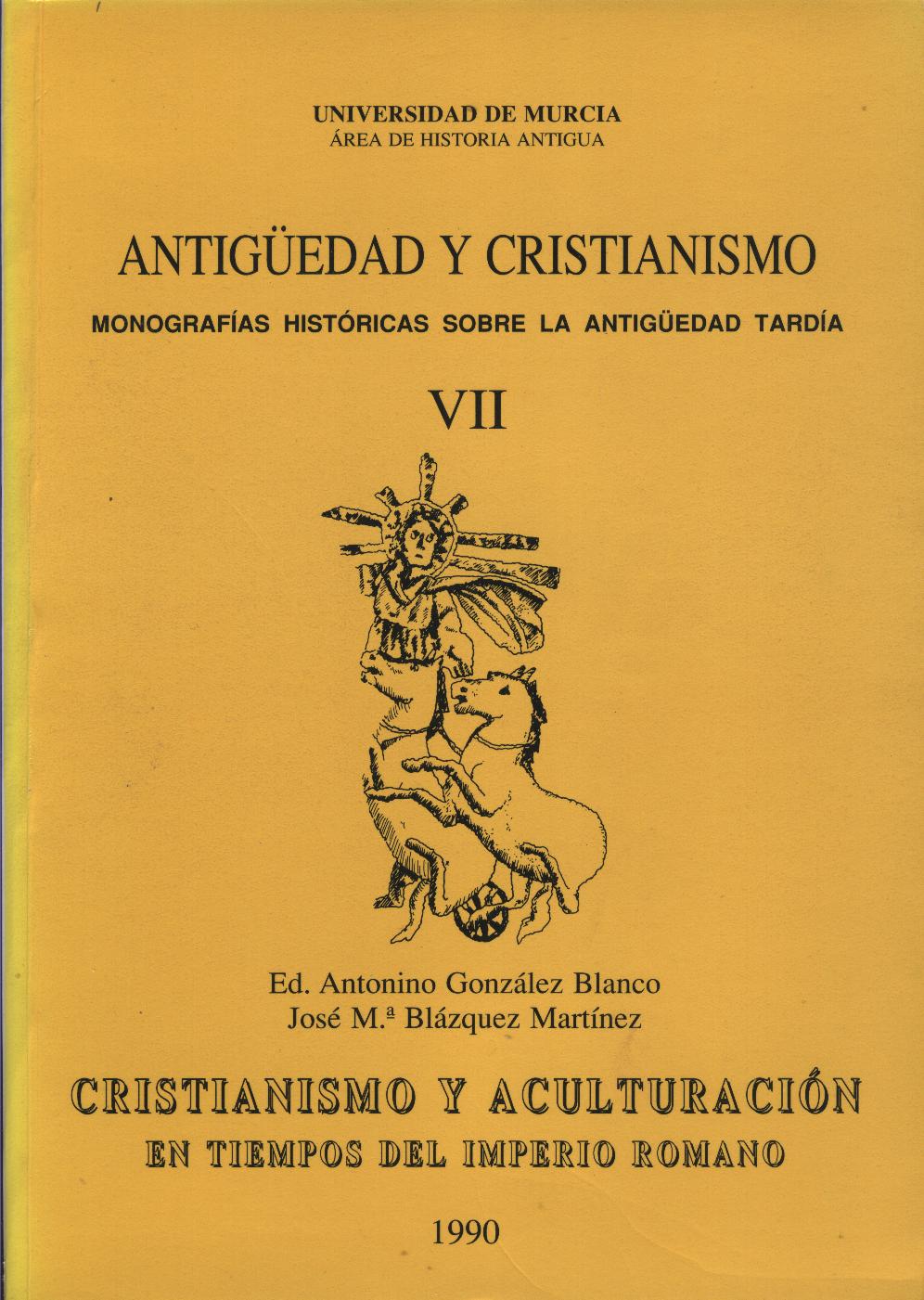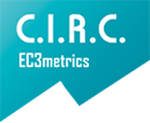Historia y profecía en el donatismo tardío: el Liber Genealogus
Resumen
Although the Christian historgraphy, after the deep revisión carried out by Eusebius of Cesárea, abandoned its original characteristics of confrontation with the Roman Empire and millenary hopes, the same did not occur with Donatism which remained tied to the historical vision of the epoch of the persecutions. This conservative attitude is evident in the LIBER GENEALOGUS, the Latin version of the CHRONICA by Hipolitus of Rome. There are three known editions of this CHRONICA, published in 405/411, 427 and in 438, under the Donatist influence in Carthage. For this reason the publication of 438 is particularly interesting because it not only compares, as the previous ones, the persecutions carried out by the pagan emperors with the measures taken by Honorius against the schismatics, but also goes so far as to consider the incarnations of the Anti-Christ in the Vandal king Genseric and in the Praetorian Perfect, Antemius. A last version, this one Catholic, redacted in 455/63, and notable for its Biblical knowledge, abandons these asumptions, deploring the assassination of Valentinianus III as a catastrophe which marks the inminent end of the world. The progresive integration of the last Donatist circles in the bosom of the Catholic Church had in this way permitted the recuperation of a labor which, now void of its explicit political content, maintained however untouched its strong escatological content.
Descargas
-
Resumen308
-
PDF189
1. Los autores ceden de forma no exclusiva a la revista los derechos de explotación (reproducción, distribución, comunicación y transformación).
2. Las obras que se publican en esta revista están sujetas a la licencia Attribution-ShareAlike 4.0 International (CC By SA 4.0). Por lo que se pueden copiar, usar, difundir, transmitir y exponer públicamente, siempre que:
i) se cite la autoría y la fuente original de su publicación (revista, editorial y URL de la obra), permitiendo así su reconocimiento.
ii) se permite remezclar, transfromar o crear a partir del material mientras se mantenga la misma licencia del original.
Nota: Los artículos anteriores a 2022 muestran incorrectamente la licencia CC by SA en la página de resumen. Están bajo una licencia CC by NC ND tal y como se incluye en los pdfs de los artículos. Los artículos publicados en 2022 y después están bajo la licencia CC by SA.

3. Condiciones de auto-archivo. Se permite y se anima a los autores a difundir electrónicamente las versiones pre-print (versión antes de ser evaluada) y/o post-print (versión evaluada y aceptada para su publicación) de sus obras antes de su publicación, ya que favorece su circulación y difusión más temprana y con ello un posible aumento en su citación y alcance entre la comunidad académica. Color RoMEO: verde.
























